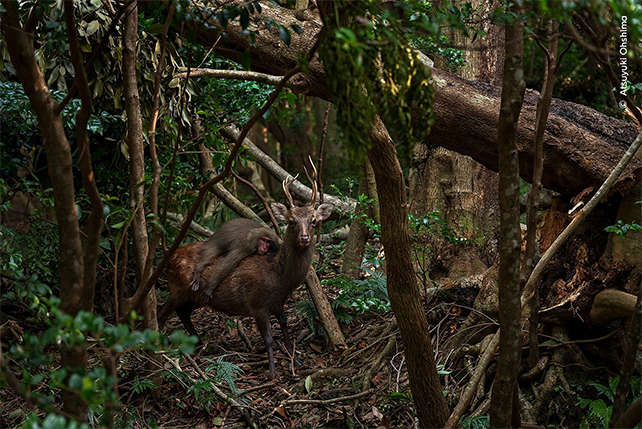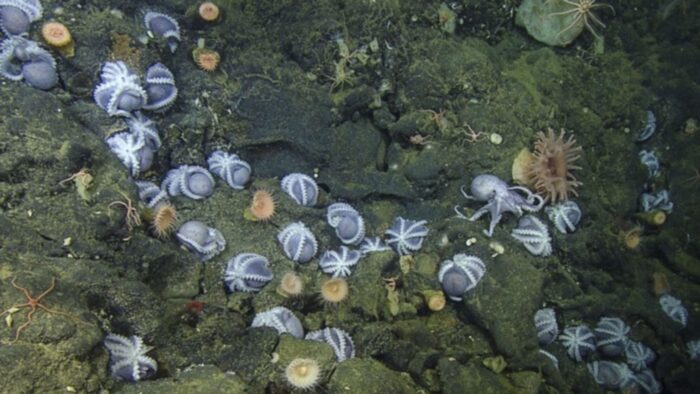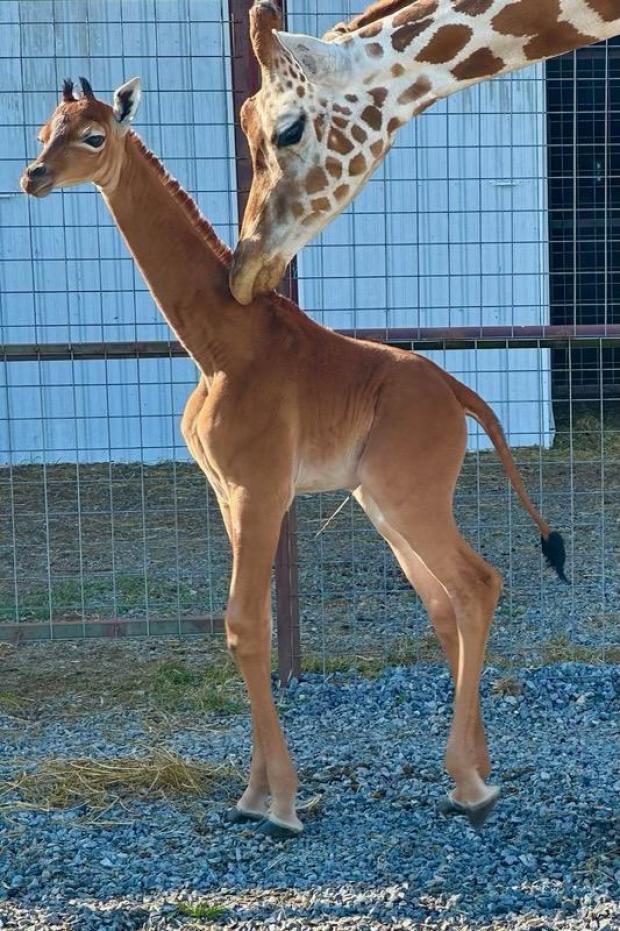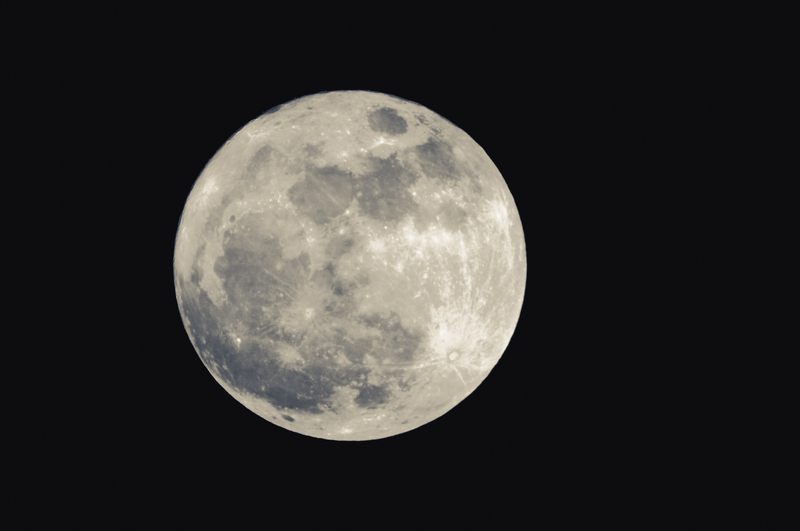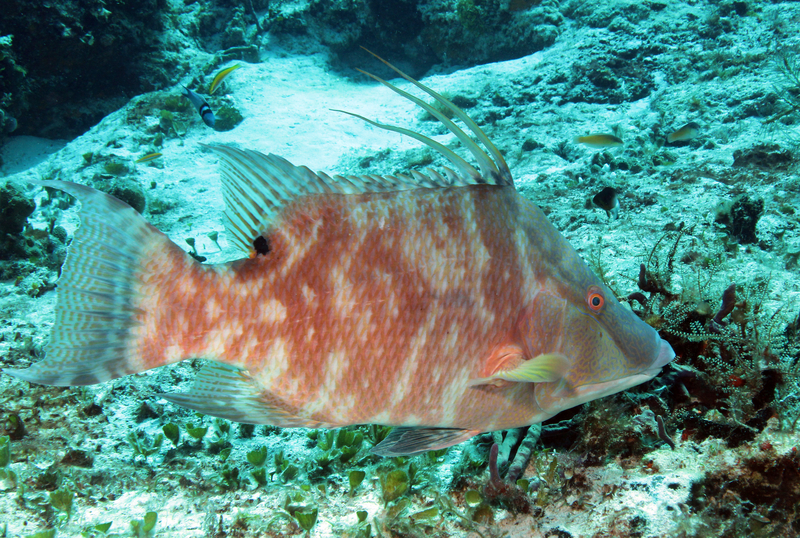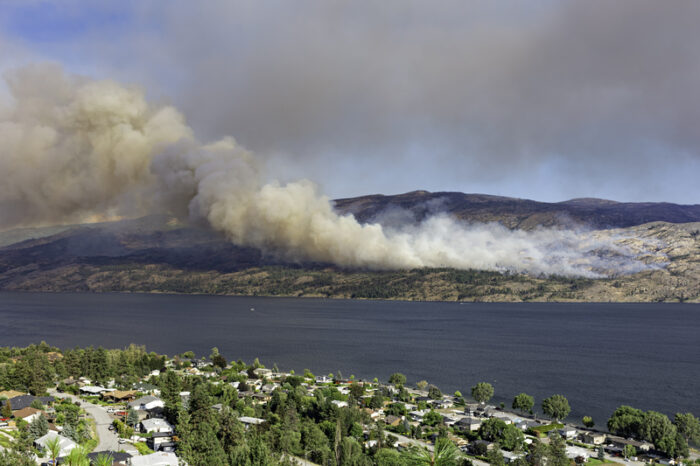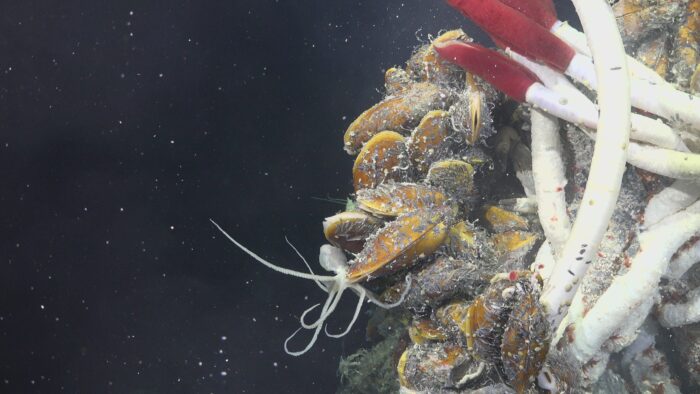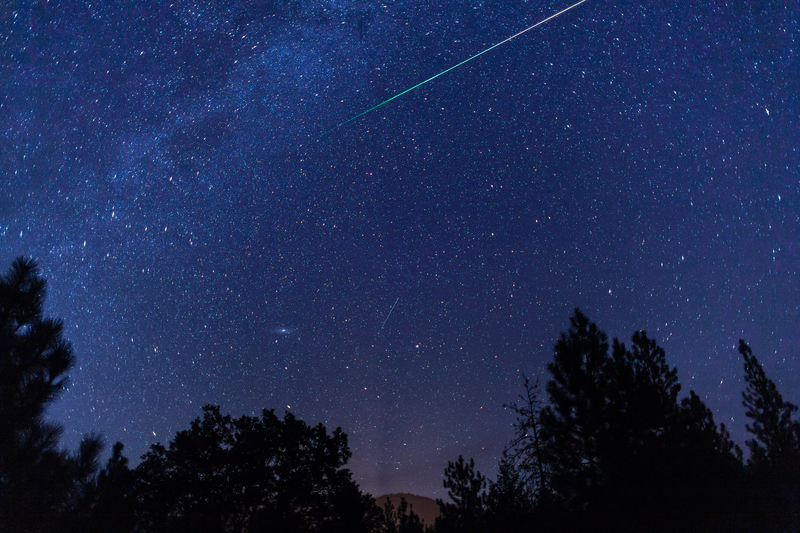Frogs are famous for a lot of things. Their long, sticky, insect-nabbing tongues. Their powerful, leap-producing hind legs. Their distinct calls that can range from delightful chirps to a deep croak. So giving them an international day of recognition seems like a no-brainer. Why wouldn't we give these awesome animals their own day?
But April 30th, 2016 is not just Frogs Day. It's Save The Frogs Day. Save from what you ask? Turns out, not only are some frogs species threatened with extinction, frogs are extremely important animals to the environment. Why you ask? Because they're bioindicators.
A window into the health of an ecosystem
Bioindicators are wildlife or plant species that are most likely to show when a habitat is becoming unhealthy to live in. Frogs do this very well (as do all amphibians). For starters, because frogs are born in the water and then live on land, they have a more varied habitat than most animals. But most importantly, frogs have highly permeable skin (this means that it absorbs things very easily into its body through its skin).
Permeable skin is great for keeping your body moist and absorbing oxygen. But unfortunately, it also means that a frog will absorb toxins and chemicals more easily than other creatures. In other words, if the water or soil is poisoned somewhere, frogs show the effects very quickly. The most common problem that we see in frogs is deformities. From tropical rain forests to Canadian wetlands, researchers have been noticing frogs with either too many or missing limbs. And further research shows that these habitats are areas with pollution issues.
This Northern Leopard frog is clearly pumped about Save The Frogs Day!
Events around the world
To make sure that no one is kept in the dark about the plight of the frog, Save The Frogs Day is sponsoring dozens of events all around the globe, from Australia to Africa. (This includes one at the Greater Vancouver Zoo.) And it's about more than just one day, too. Save The Frogs is the name of an activist organization that works all year around to help raise money and awareness of local issues that affect the habitats of frogs.
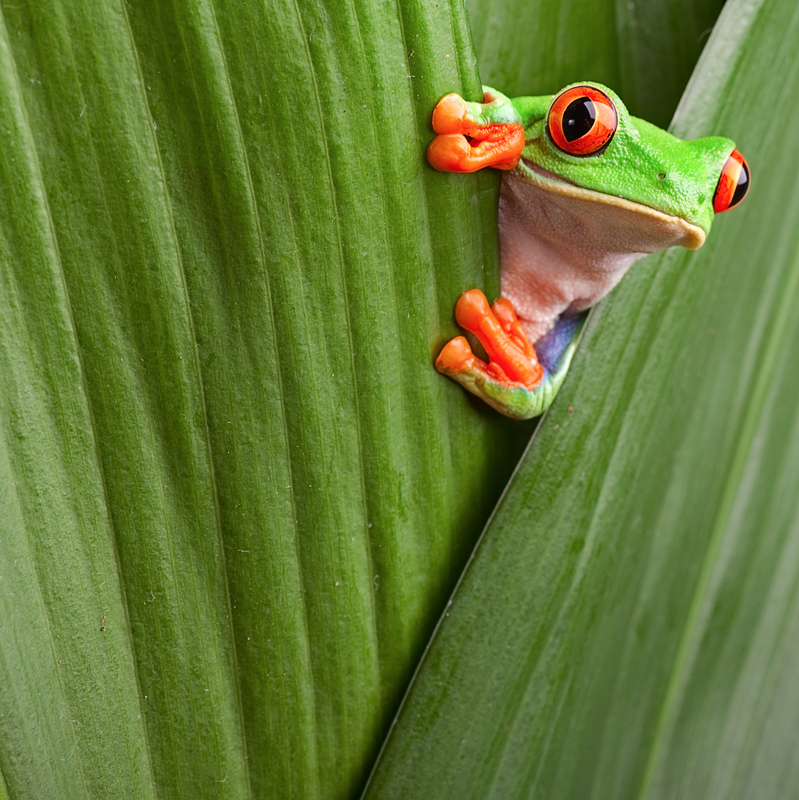 A curious red-eyed tree frog peaks around some leaves. (©Dirk Ercken/@Dreamstime)
A curious red-eyed tree frog peaks around some leaves. (©Dirk Ercken/@Dreamstime)
